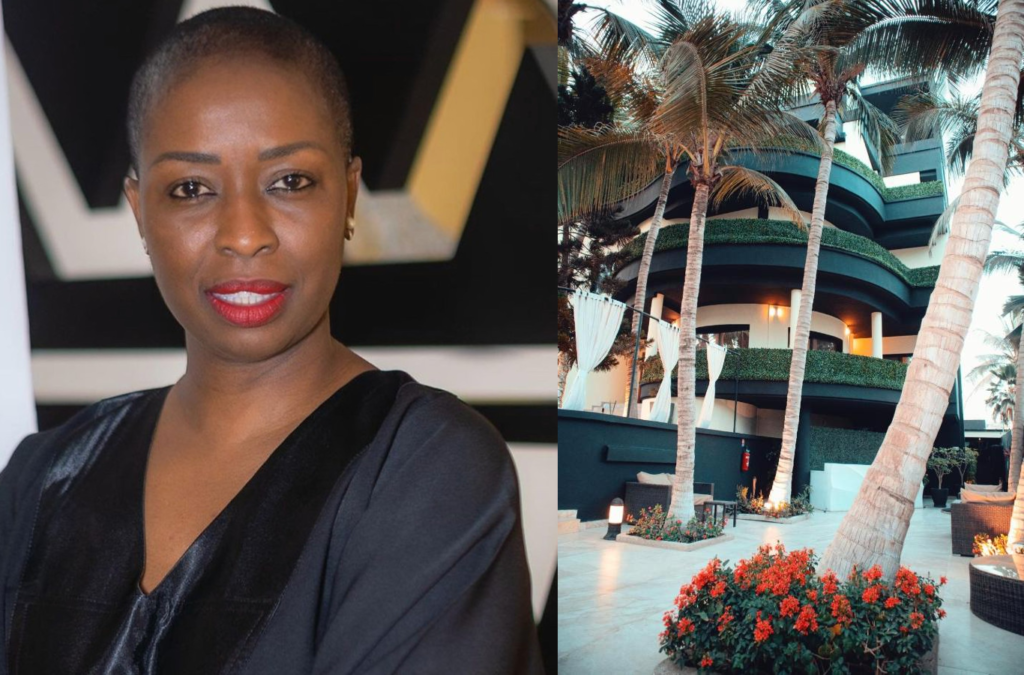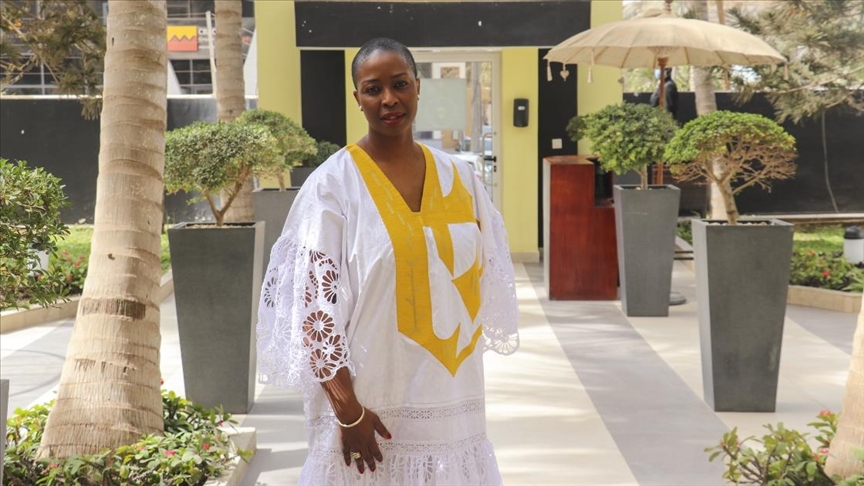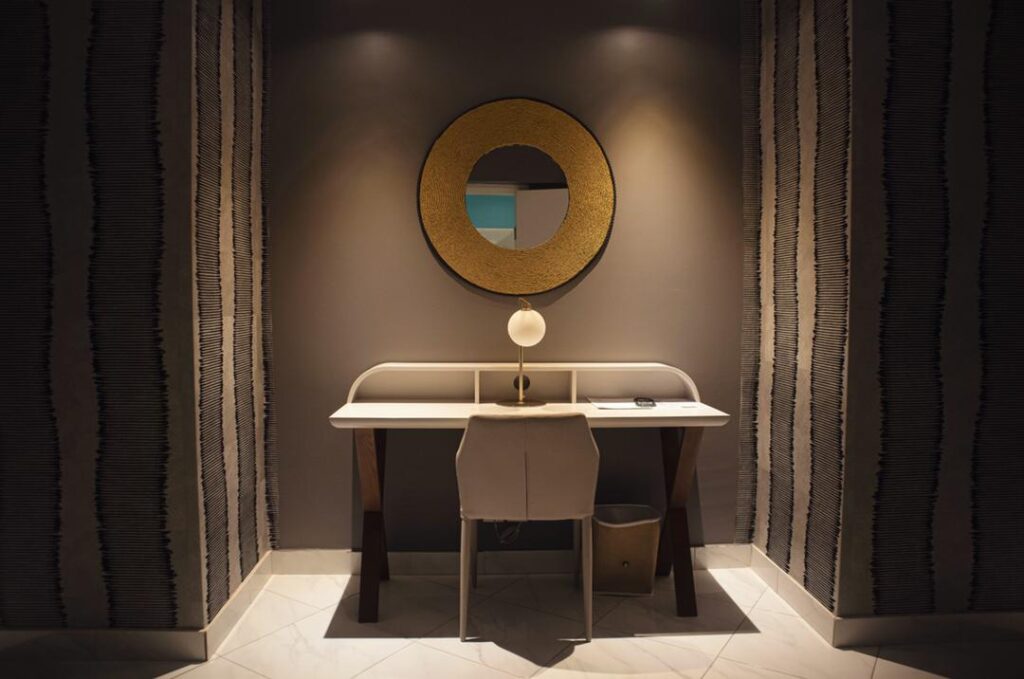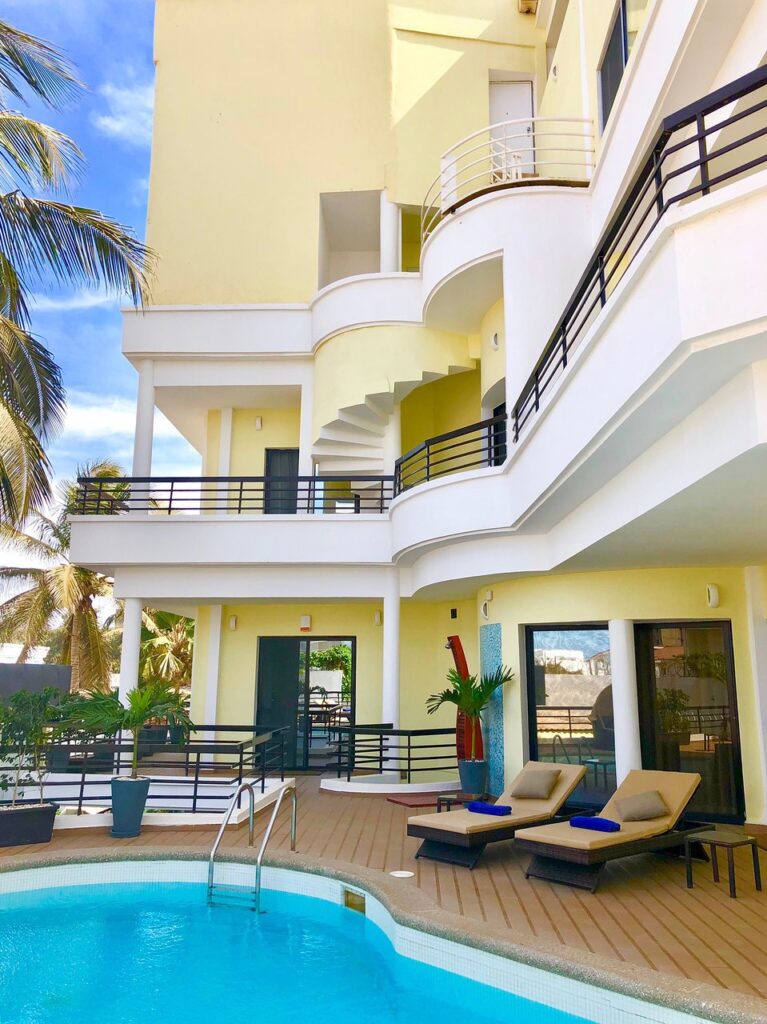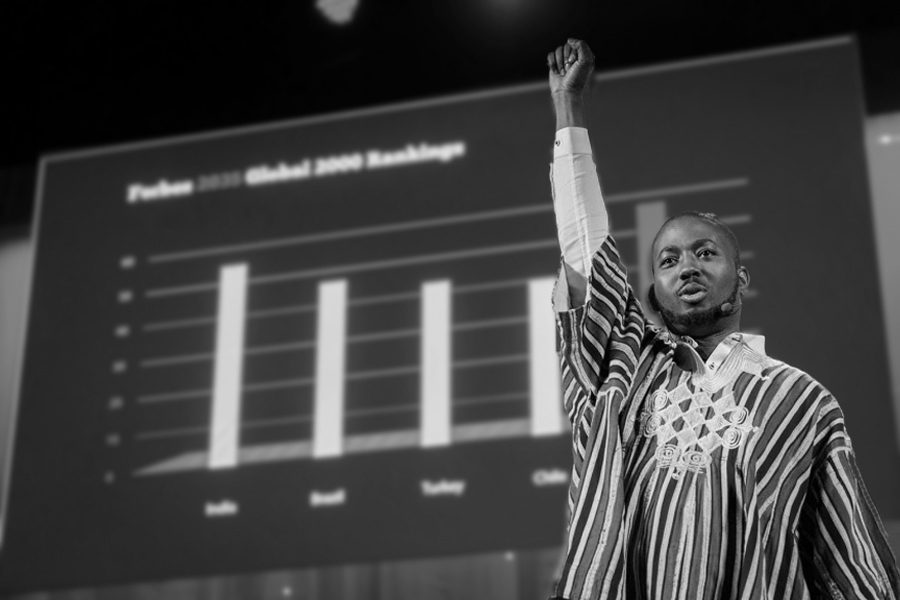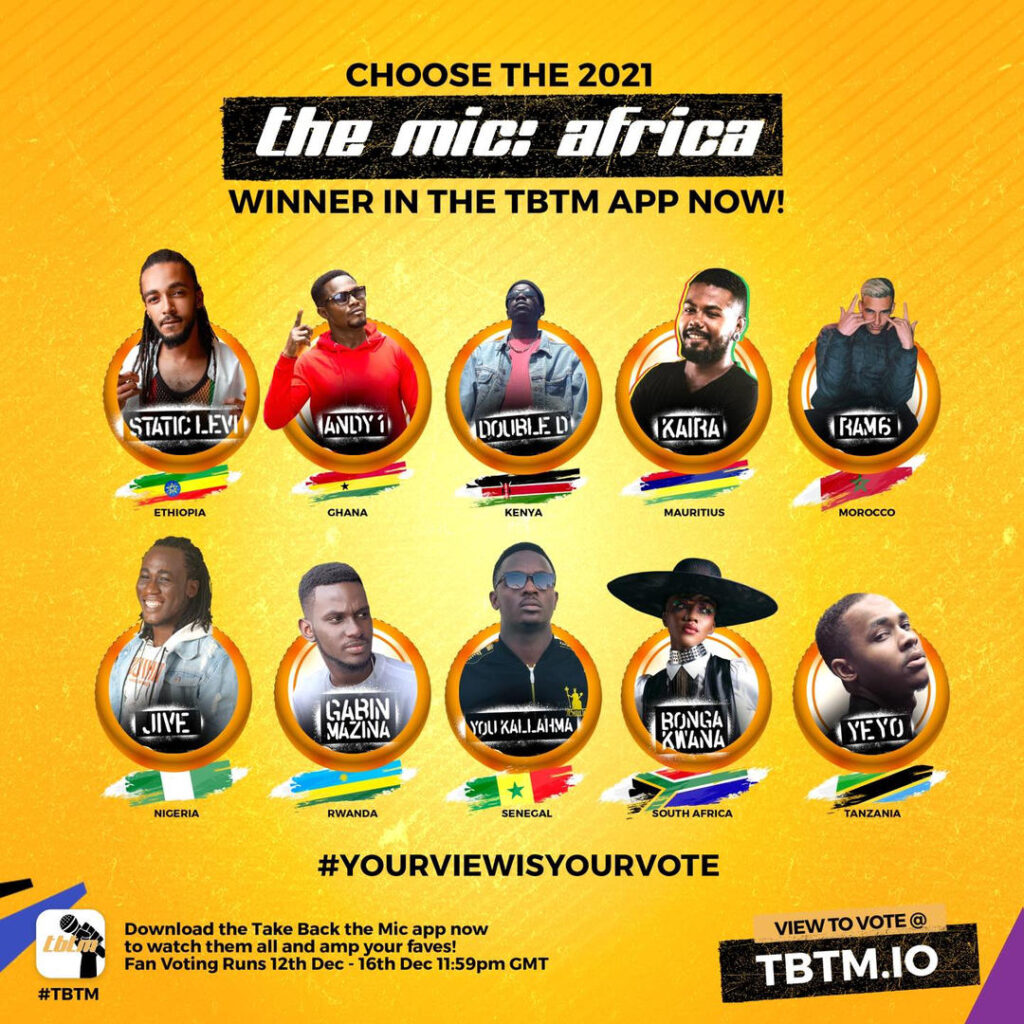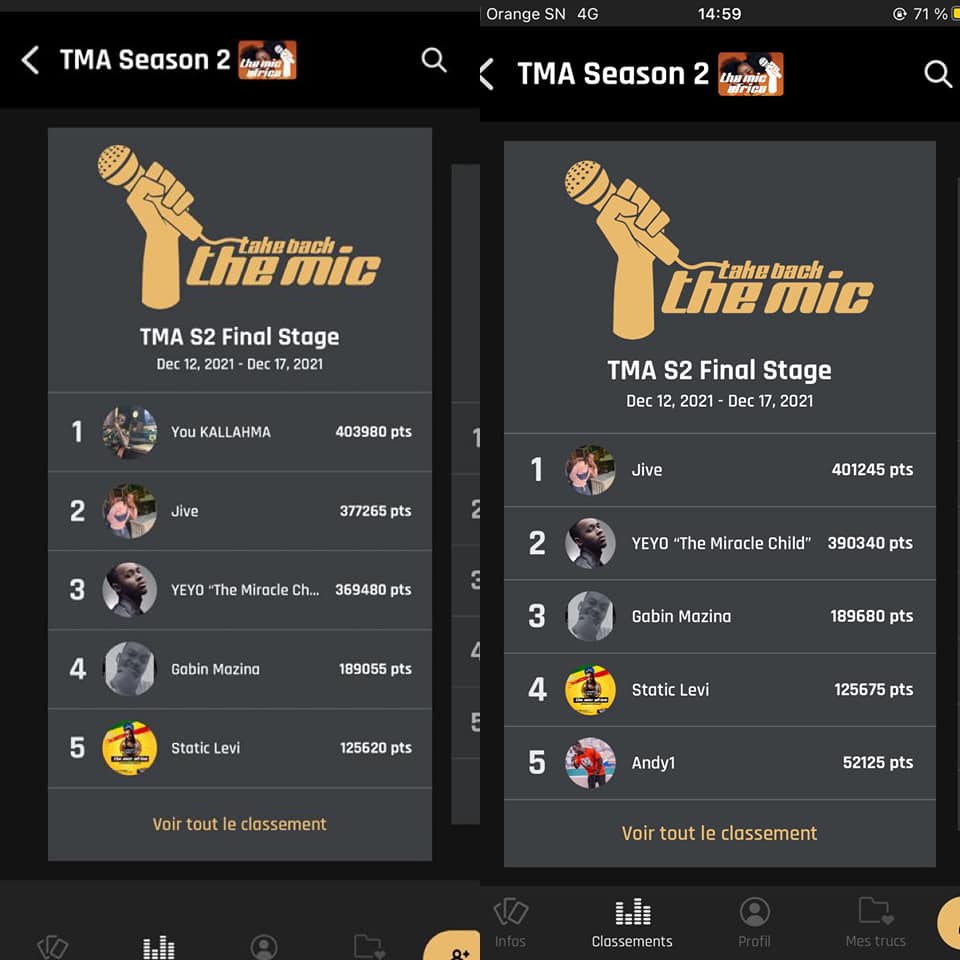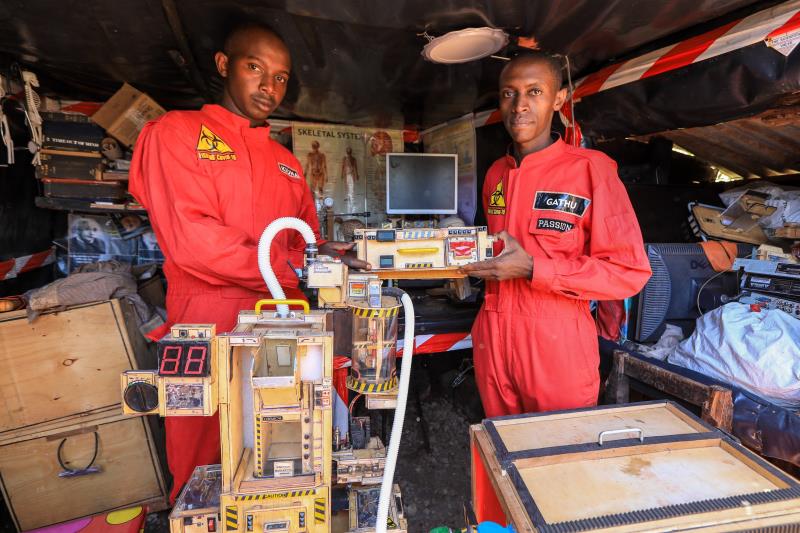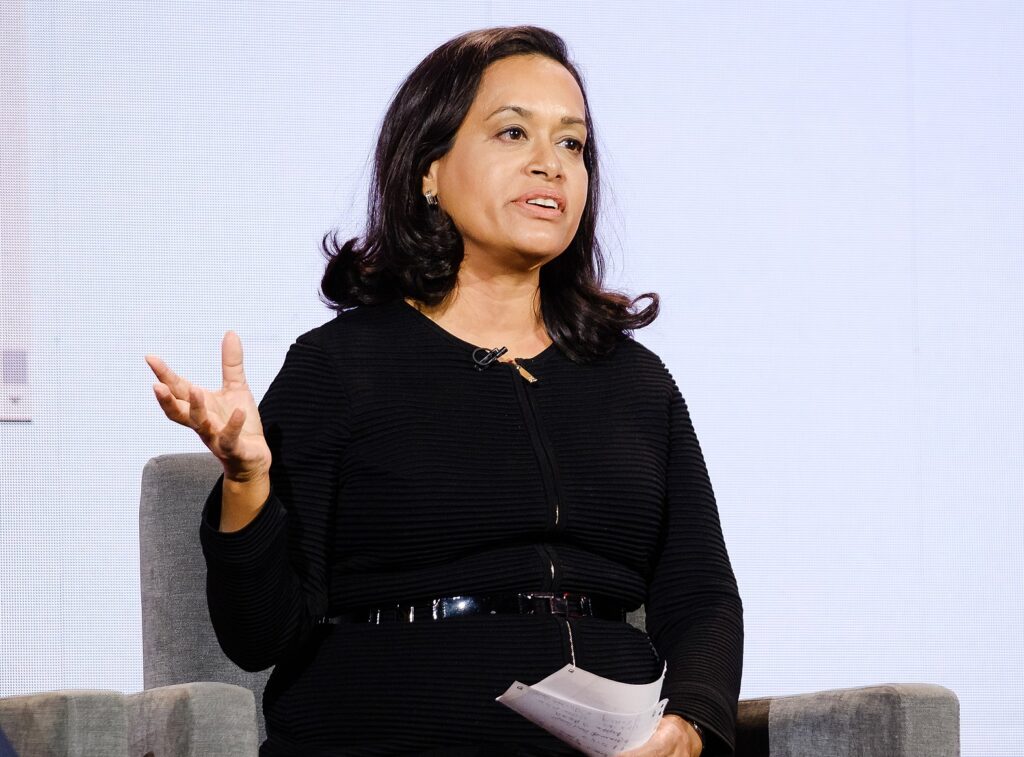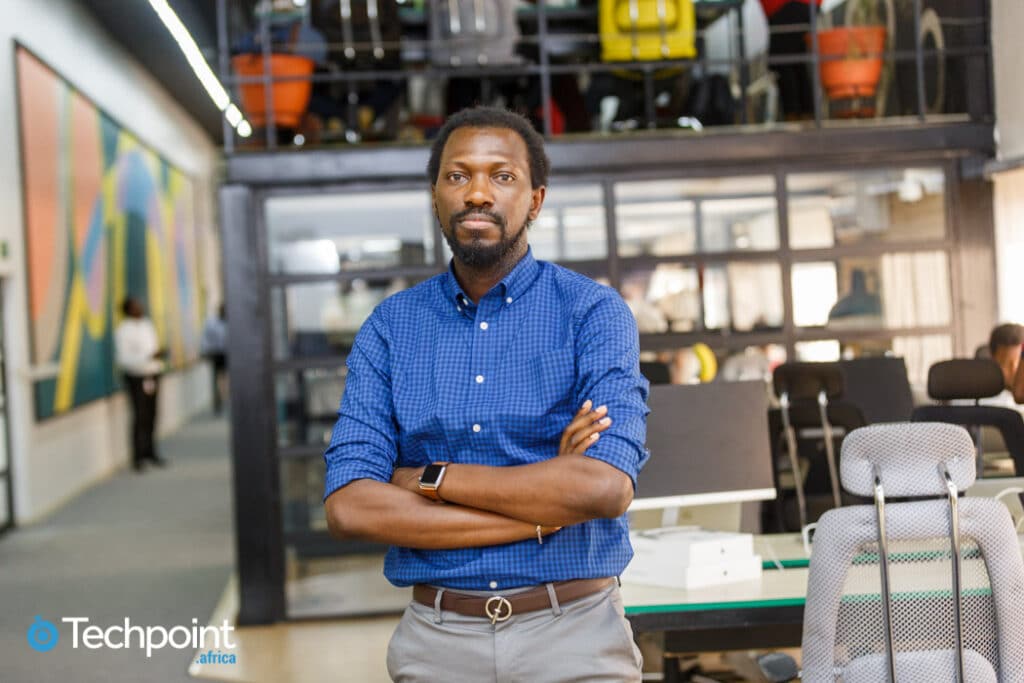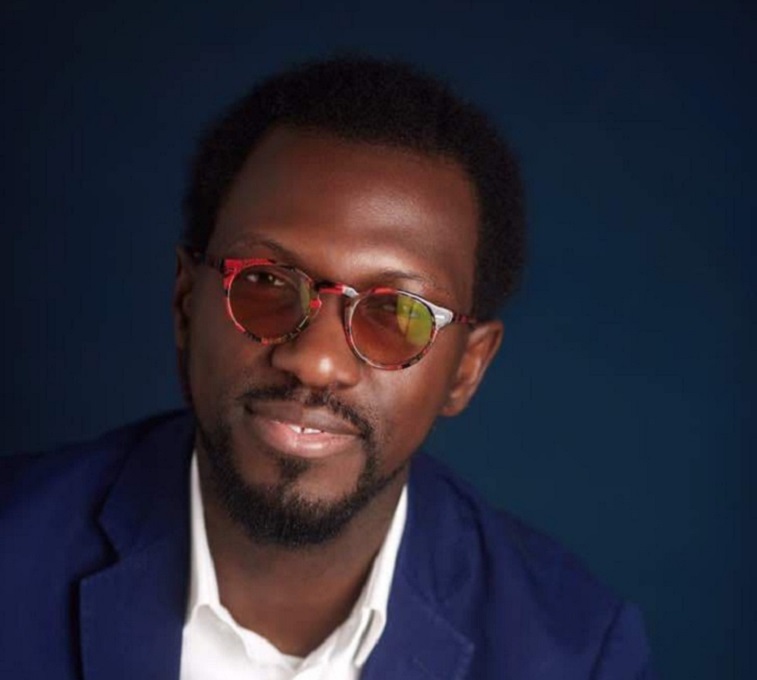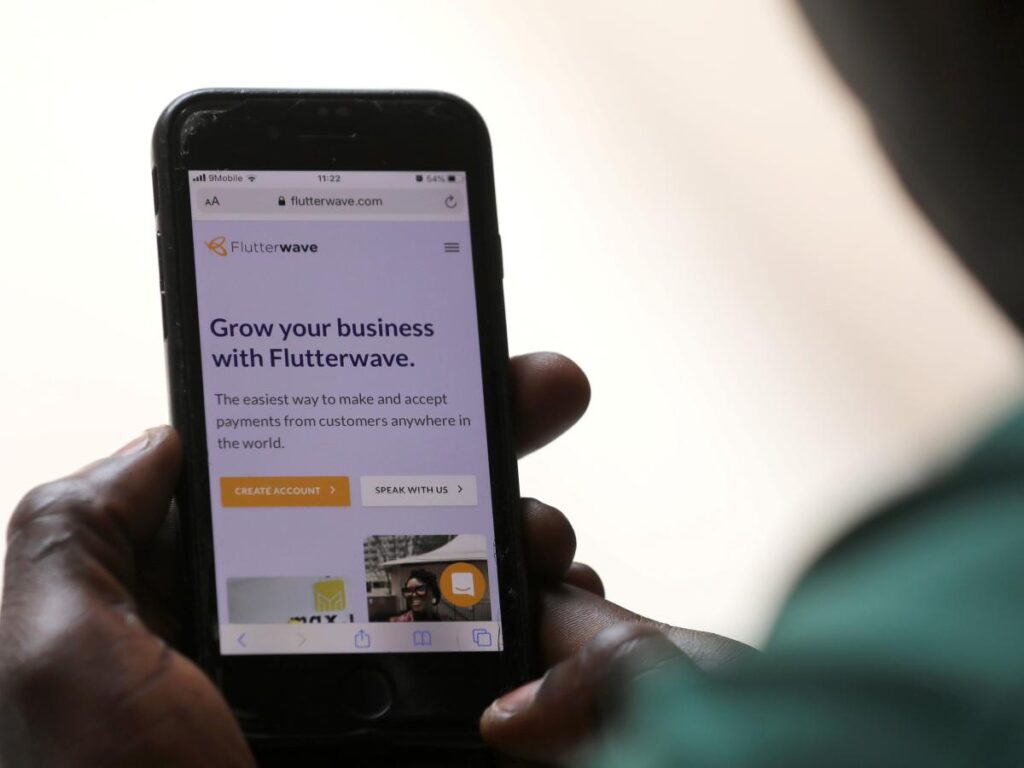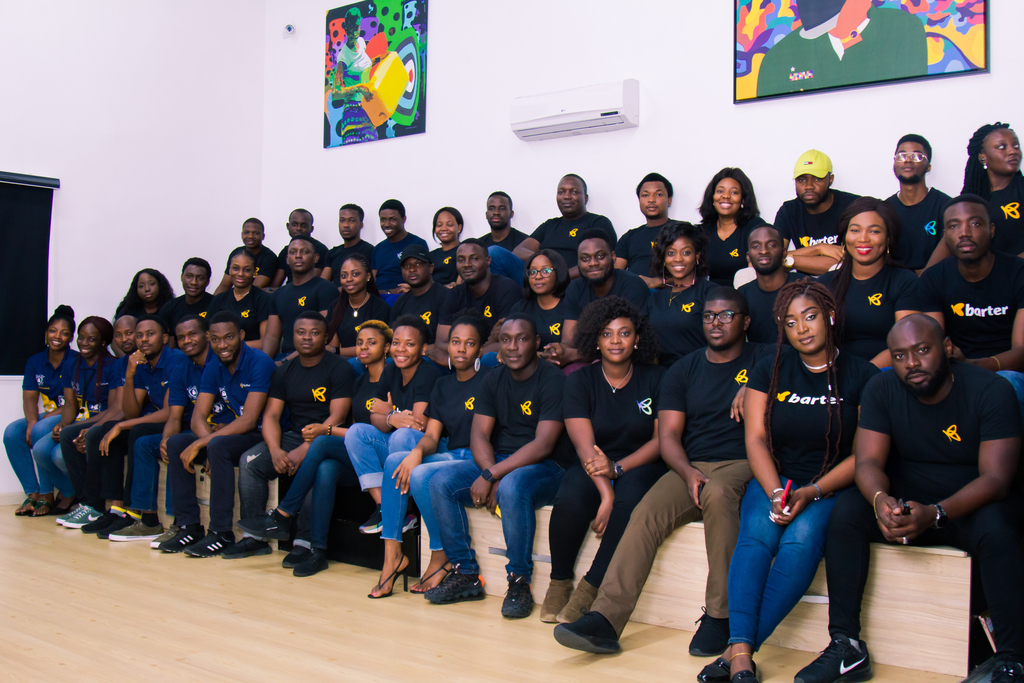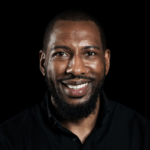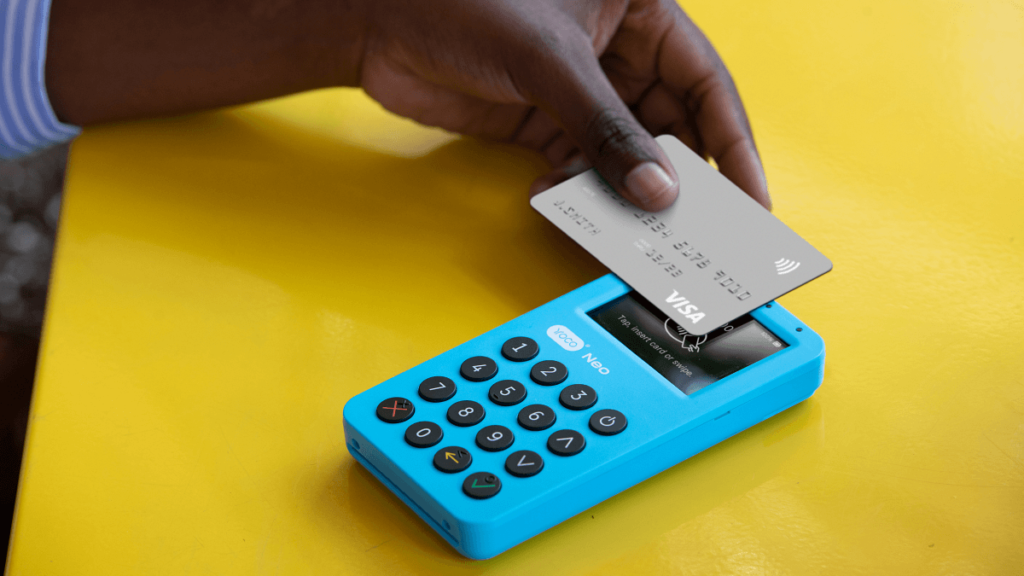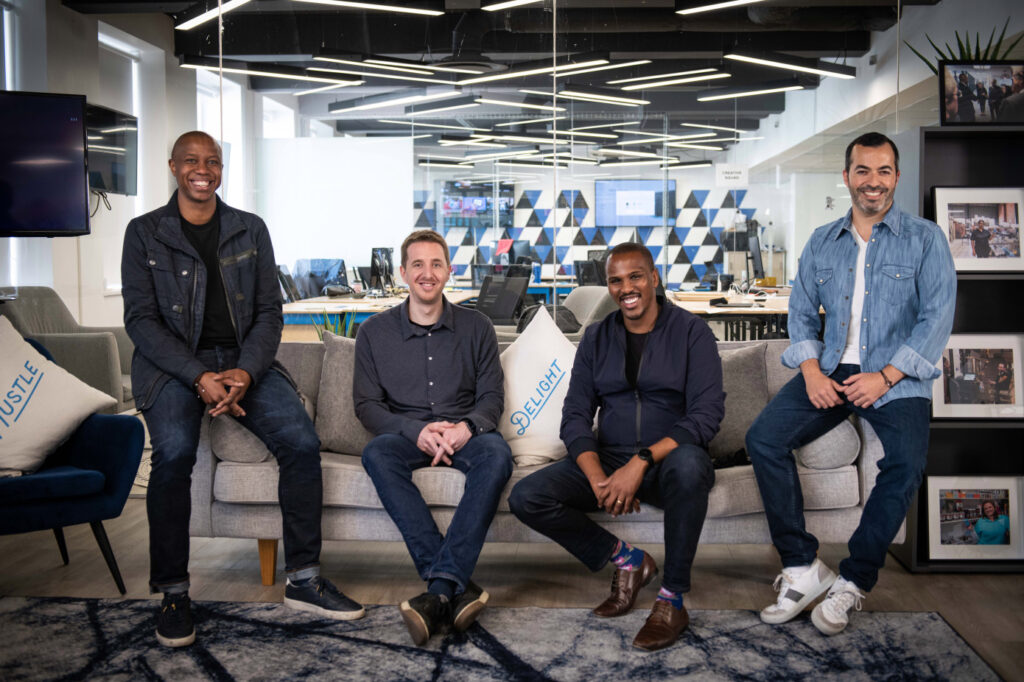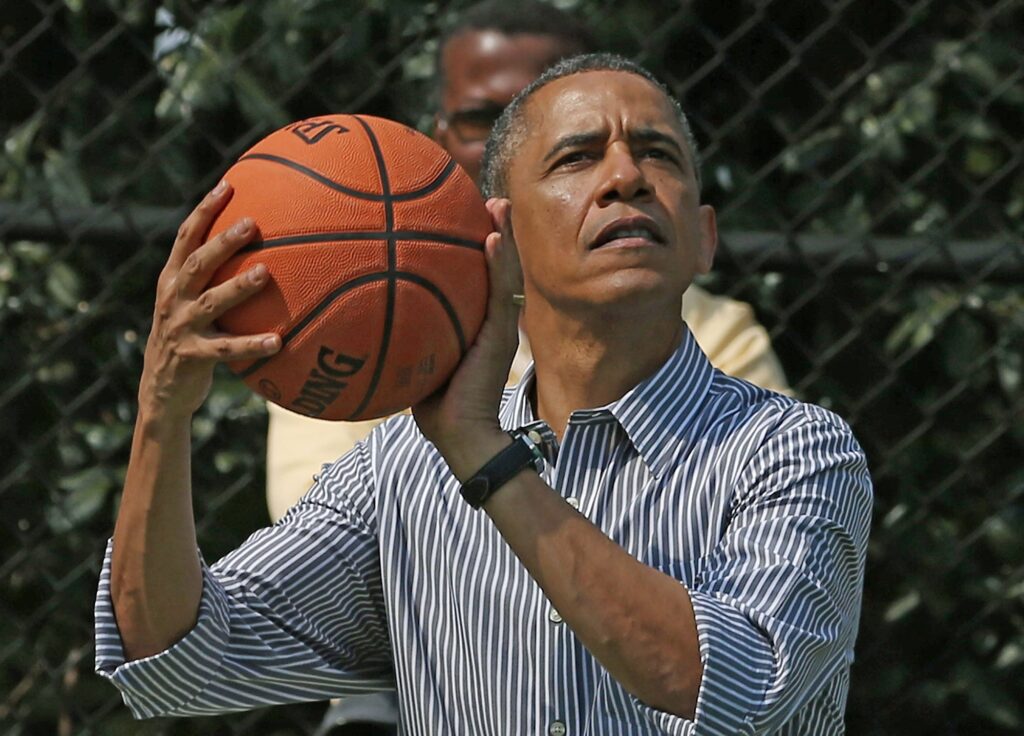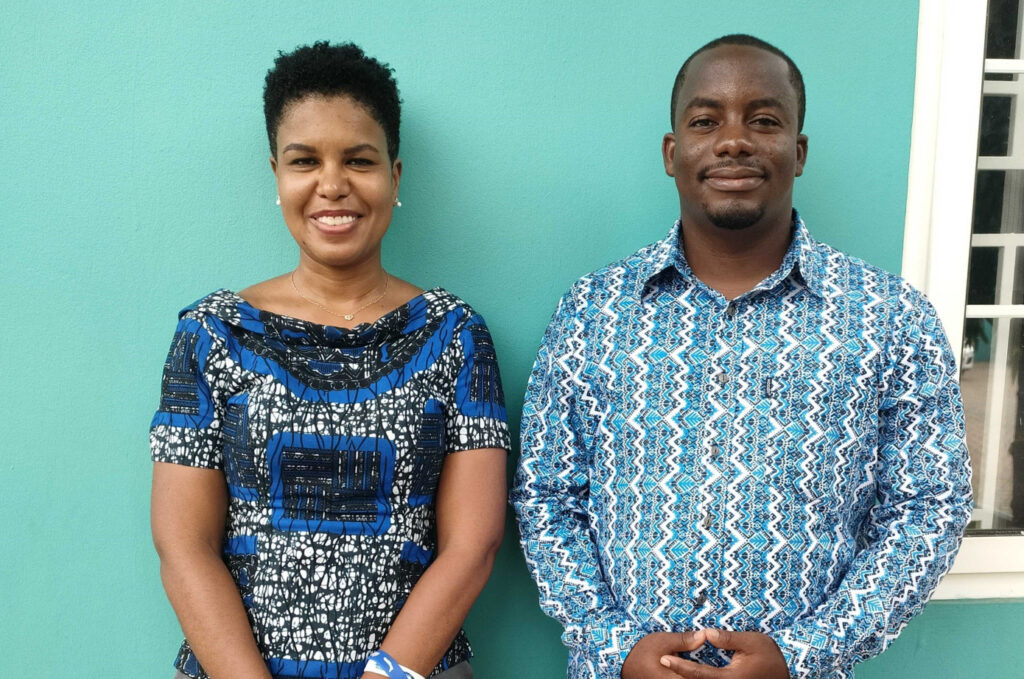Alitheia IDF (AIF), Africa’s first women-led and women-focused private equity fund announced the final close of a $100 million fund in December of 2021. With this final close, Alitheia IDF becomes the largest woman-focused private equity fund by value in Africa.
Led by principal partners Polo Leteka and Tokunboh Ishmael, Alitheia IDF invests in growth-stage companies across six African countries: Nigeria, South Africa, Ghana, Zimbabwe, Lesotho and Zambia.
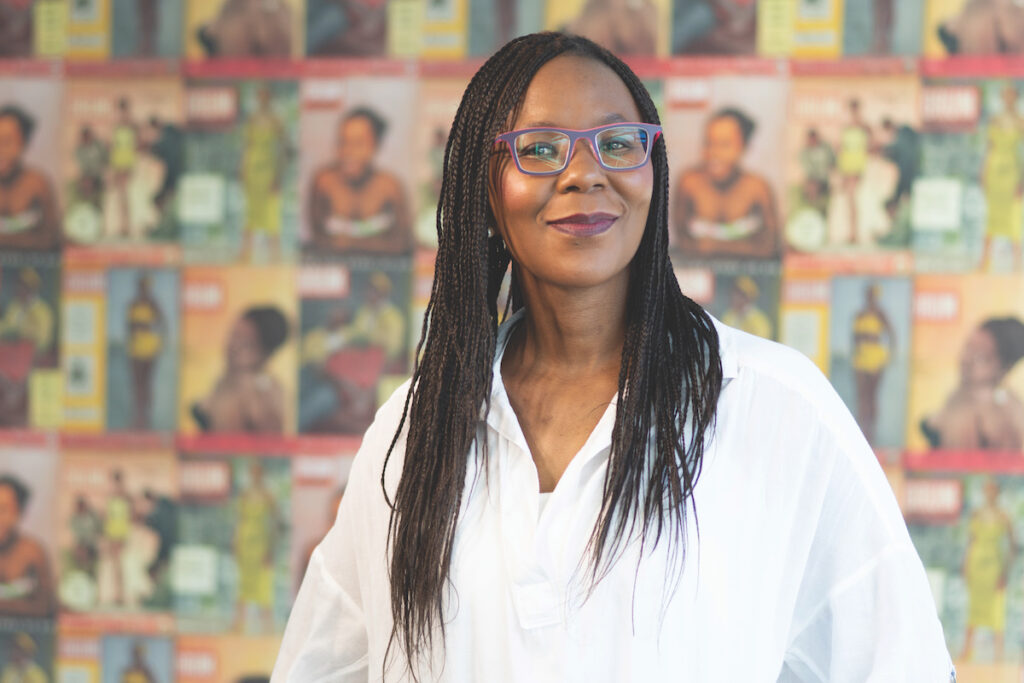
The fund has a mandate to plug the over $42 billion investment gap between male and female entrepreneurs as a means of catalyzing the economic power of African women as producers, distributors, and consumers.
In 2021, the fund began implementing this mandate by leading investment rounds in five women-led businesses across essential sectors including agribusiness, education, manufacturing, housing, technology, and logistics.
The investee companies are Jetstream Africa (Ghana), ReelFruit Ltd (Nigeria), SKLD (Nigeria), AV Light Steel (South Africa), and Chika’s Food (Nigeria).
“Globally, women have tremendous purchasing power as consumers and controllers of household economics. In the same vein, women entrepreneurs have a significant presence in Africa’s SME sector with African women making up 58% of the continent’s self-employed population.
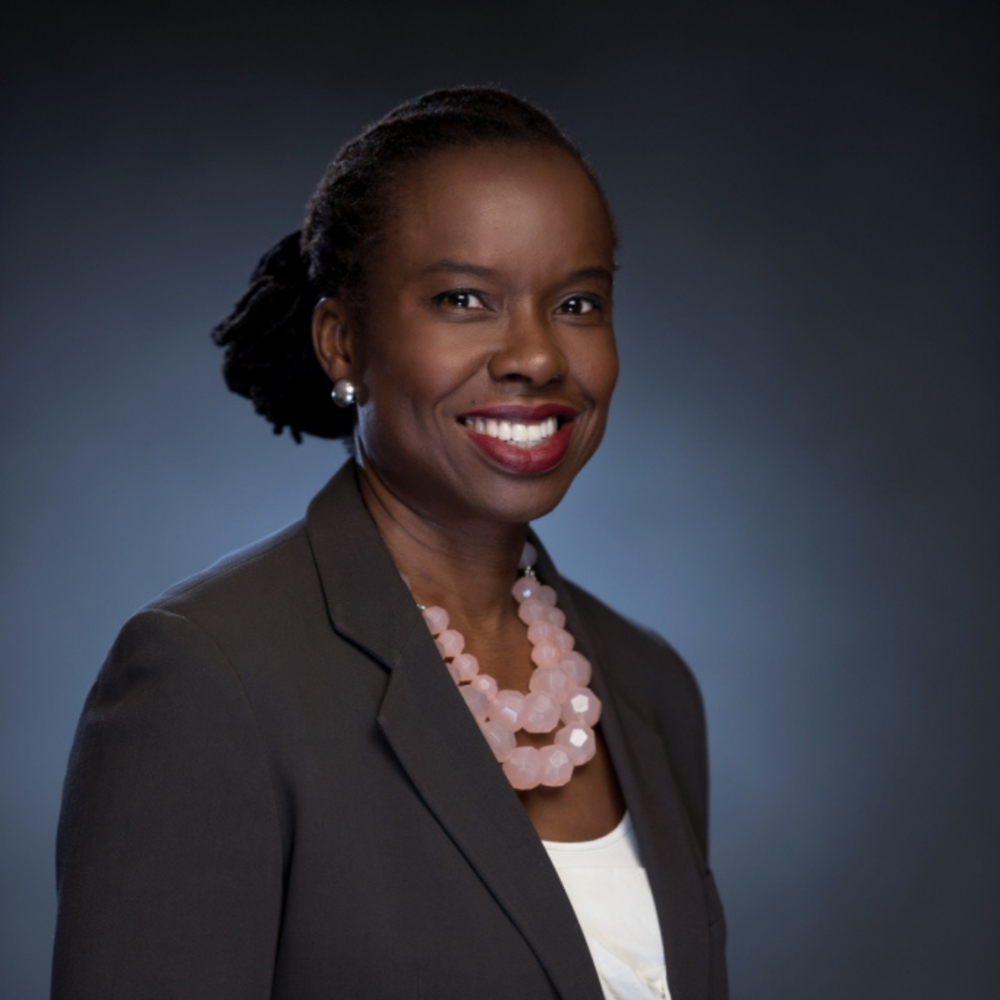
However, despite this economic power and presence, African women are underserved as consumers and producers.
This has had a huge impact on economic growth as the potential of more than half of the continent’s population remains untapped due to structural and systemic issues.
We are proactively working towards filling this gap with a clear mandate to support women-led businesses across the continent while raising awareness for gender-smart investment as a path towards inclusive economic growth,” said Principal Partner Tokunboh Ishmael in Nigeria.
African women have remained underserved by the financial sector even as the historical investment gap between men and women continues to widen.
Estimates show that African women receive less than 5% of all investment on the continent even though over 40% of small and medium-sized enterprises (SMEs) in Africa are women-led.
Reports by McKinsey point out that closing the investment gap will lead to 26% gross domestic product (GDP) growth ($28 trillion) by 2025.
By applying a gender-smart lens to investment, Alitheia IDF is setting the pace and providing a framework for gender-inclusive investments with the goal of enabling economic growth for African countries and, critically, African women.
Polo Leteka, Principal Partner in South Africa, explained that it is her hope that Alitheia IDF’s leading example will inspire other investors on the continent to invest in women, noting that women have an important role to play in unlocking the economic potential of Africa.
She further stated that “the historic inability to appropriately capture the economic potential of African women has affected Africa’s development. Alitheia IDF is on a mission to fill this gap by using a gender smart approach and financial capital to empower women as consumers and producers.”
Subscribe and Follow SHOPPE BLACK on Facebook, Instagram & Twitter












